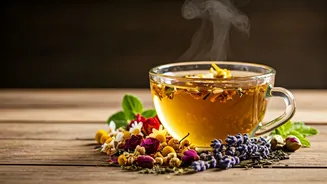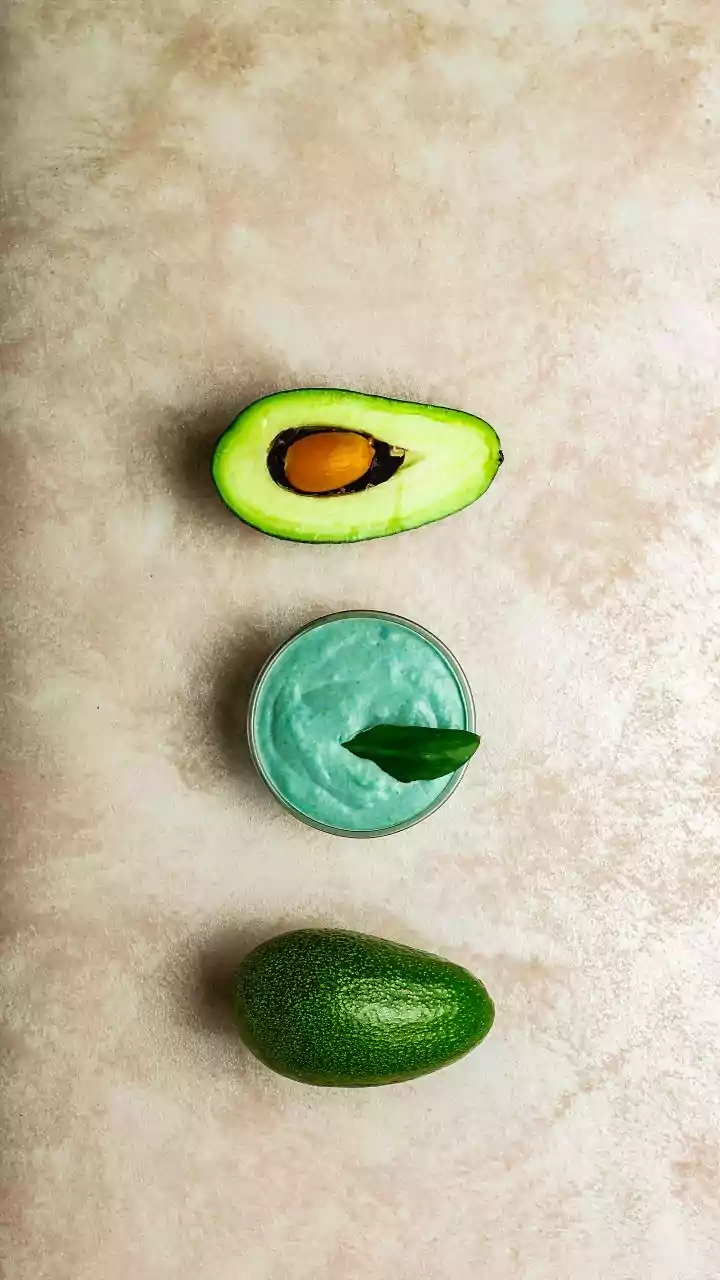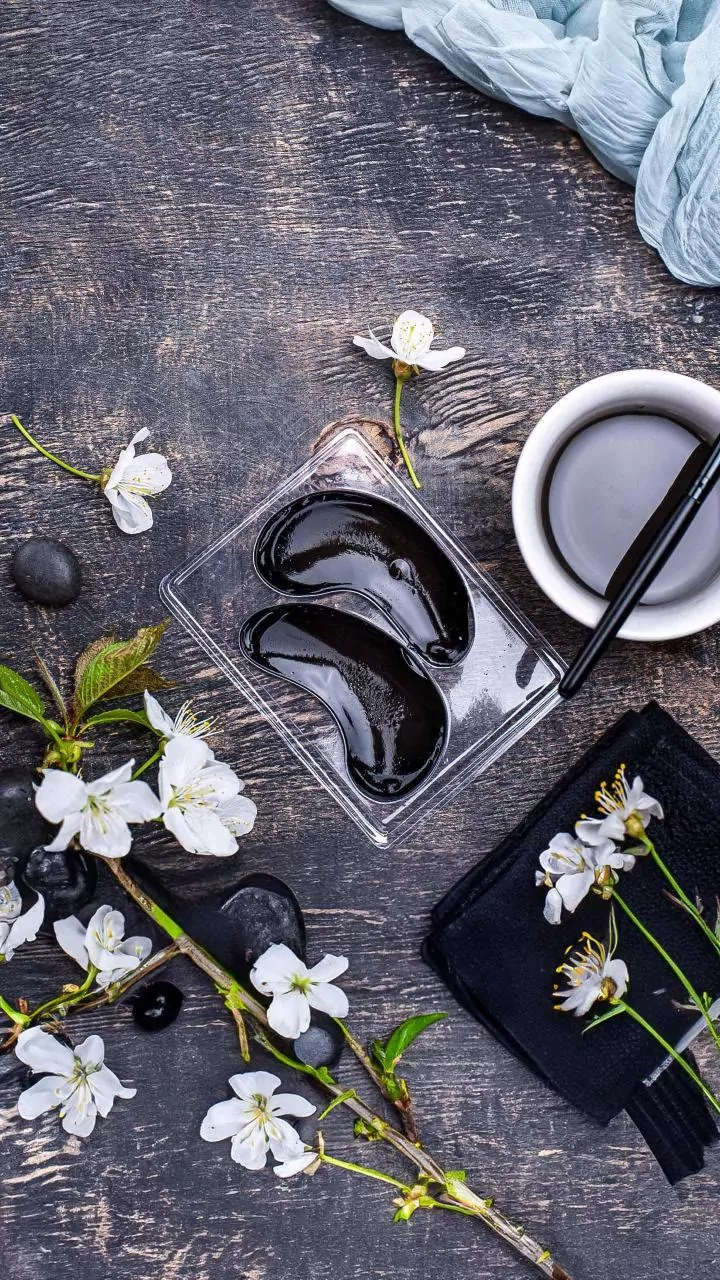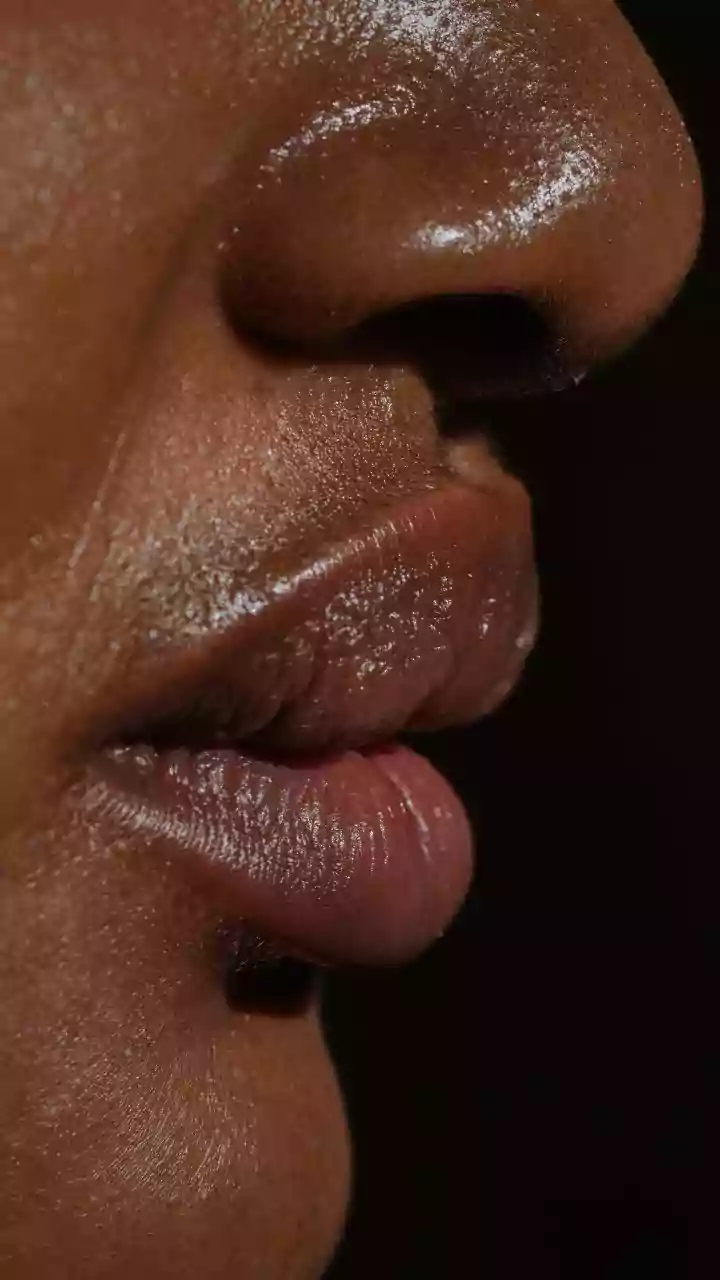Introduction: Herbal Wonders
For centuries, India has valued the power of herbs for beauty and wellness. Many cultures have embraced these natural ingredients. Herbal teas provide
a delicious and effective way to harness these benefits. These teas offer not only amazing taste but also the opportunity to support skin and hair health from within. This article reveals five specific herbal teas, detailing how they can be prepared and integrated into a daily routine for enhancing natural beauty. Focusing on the Indian context, this guide provides insights into ancient wisdom, offering simple yet effective solutions for individuals seeking a healthy approach to skincare and hair care. Through this article, readers will gain knowledge about the traditional practices and understand the impact of incorporating herbal teas for a radiant appearance.
Tulsi: The Holy Basil
Tulsi, known as holy basil, is revered in Indian culture. Not only is it considered sacred, but it also possesses remarkable medicinal properties. This herb is celebrated for its antioxidant and anti-inflammatory qualities. For skin, tulsi helps combat acne, reduces blemishes, and promotes a natural glow by purifying the blood. For hair, it strengthens follicles and can aid in reducing hair fall. To prepare Tulsi tea, gently boil fresh or dried tulsi leaves in water. Allow it to steep for about 10 minutes. Drinking Tulsi tea daily can provide significant benefits, contributing to clearer skin and stronger hair. Regular consumption may boost overall health and well-being. Additionally, tulsi's calming effects can also alleviate stress, which is often a cause for skin issues and hair loss. Thus, integrating tulsi into a daily beauty routine offers a comprehensive approach to both external and internal wellness, reflecting traditional Indian holistic practices.
Hibiscus: For Hair Health
Hibiscus, with its vibrant red flowers, is another gem in the world of herbal teas. It is primarily known for its potent effects on hair health. It is rich in amino acids and vitamins, which are essential for hair growth and conditioning. When consumed as tea, hibiscus can stimulate hair follicles, leading to thicker, fuller hair and even help to prevent premature greying. For skin, hibiscus can offer gentle exfoliation, revealing a fresh and youthful complexion. To make hibiscus tea, steep the dried petals of the hibiscus flower in hot water. Let it brew for 5-7 minutes. It's advisable to strain the tea before consuming it. Drinking hibiscus tea provides hair with essential nutrients, promoting growth and strengthening the hair shaft. Moreover, the antioxidants in hibiscus help protect the skin from environmental damage. Hibiscus tea supports beauty from the inside out, aligning with the concept of holistic wellness embraced in traditional Indian practices.
Neem: Purifying Power
Neem is a powerhouse in the world of Ayurvedic medicine, lauded for its potent antibacterial and antifungal properties. Its leaves and bark are used widely for their health benefits, including skin and hair care. Neem tea is a strong drink that can help to purify the blood, and fight off skin conditions such as acne, eczema, and dandruff. It also helps in maintaining a healthy scalp environment, which is crucial for hair growth. To prepare neem tea, boil neem leaves in water for approximately 10-15 minutes. Strain the tea to remove the leaves and consume it. The tea often has a bitter taste. Regular consumption of neem tea can lead to clearer skin and stronger, healthier hair. Neem's benefits extend beyond cosmetic enhancements, contributing to overall health and wellness. In India, neem is a cornerstone of traditional remedies, celebrated for its efficacy in a wide variety of conditions. It is a testament to the belief in the power of natural ingredients.
Amla: Vitamin C Boost
Amla, also known as the Indian gooseberry, is a treasure trove of Vitamin C and antioxidants. It is an integral part of Ayurvedic practices. This fruit is celebrated for its remarkable ability to improve skin tone and promote healthy hair growth. Amla tea provides a high dose of Vitamin C, helping to brighten the skin, reduce pigmentation, and enhance collagen production for a youthful complexion. For hair, amla strengthens hair follicles, reduces hair fall, and prevents premature greying. Preparing amla tea is simple. You can use dried amla pieces or amla powder, steeping them in hot water for about 10 minutes. Strain the tea before drinking. Consuming amla tea regularly provides a radiant skin and strong hair. Its high Vitamin C content boosts the immune system, contributing to overall health. Amla is considered a Rasayana, an herbal preparation that rejuvenates and revitalizes the body, making it a valuable addition to any beauty and wellness routine.





















